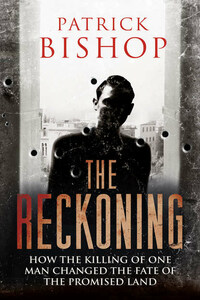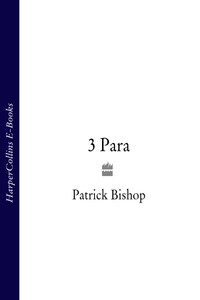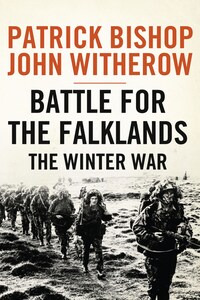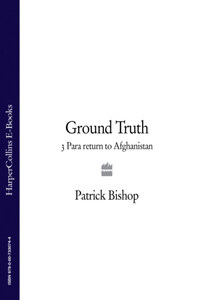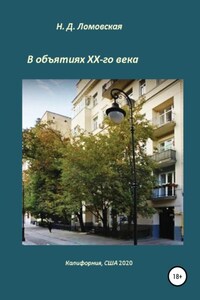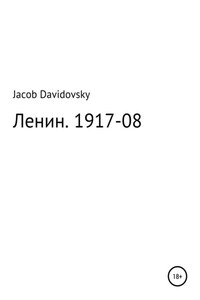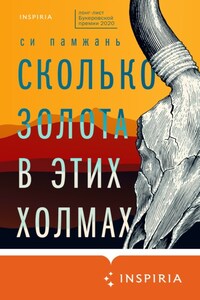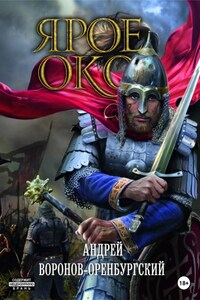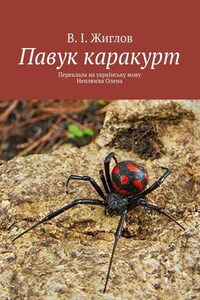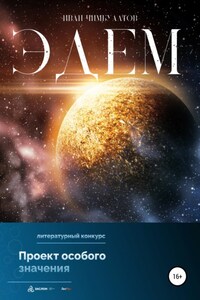IN MEMORY OF RICK BEESTON
AND
IAN MACKENZIE
I have not tried to impose any orthodoxy on spellings of Jewish and Arab personal and place names, which inevitably vary in transliteration. To keep things simple I have left some as they appear in contemporary documents, while those that might seem confusingly archaic have been updated. In writing the story I found it had a habit of straying from the path to dart down some fascinating alleyway. To keep the narrative moving, I have sometimes explored these byways in the source notes. Consulting them may also help to answer questions arising from the text.
Balfour Declaration
Statement issued by the British foreign secretary Arthur Balfour in November 1917 that the government favoured the idea that Palestine would one day be a ‘a national home for the Jewish people’.
Betar
Militaristic youth organisation of the Revisionist movement. Particularly strong in Poland.
Haganah
‘The Defence’. Militia founded in 1920 to defend ‘Jewish lives, property and honour’. Under the control of the left-leaning Zionist establishment.
Havlagah
Policy of self-restraint in the face of Arab attacks. Favoured initially by the Haganah and the Yishuv’s leaders but opposed by the Revisionists.
Irgun Zvai Leumi
The ‘National Military Organization’, which broke away from the Haganah in 1931 in protest at its unpreparedness in the face of Arab violence. Revisionist in outlook.
Jewish Agency
The body officially representing the Yishuv to the British administration of Palestine and the outside world.
Lehi
‘Fighters for the Freedom of Israel’. The name of the splinter group which followed Avraham Stern after the 1940 split with the Irgun.
Mapai
Left-wing political party led by David Ben-Gurion and the dominant political force in the Yishuv.
Palmach
Elite unit of the Haganah.
Revisionist movement
Founded by Ze’ev Jabotinsky in 1925 to demand a ‘revision’ of Zionist policies towards the British mandate. Its militarism and capitalist sympathies created sharp differences with the Yishuv’s establishment.
White Paper
The 1939 document drawn up by the British to decide the future of Palestine. Its proposal for strict limits on immigration, if implemented, would effectively have doomed the aspiration for a Jewish state and it was fiercely opposed by all Zionists.
Yishuv
The Jewish community in Palestine.
‘Where to Rest My Tired Head?
Where to Hide My Shivering Flesh?’
Avraham Stern was asleep on a makeshift bed in a corner of the living room. A few feet away, curled up on a couch, lay a slim, dark woman. Rain rattled on the window panes of the tiny rooftop flat and cold seeped through the thin walls. Four storeys below, the streets of Tel Aviv lay silent, blanketed in the darkness of the wartime blackout.1
At six o’clock there was a scratching at the door. The woman stirred. Her name was Tova Svorai and she was Stern’s landlady and now his sole protector. She glanced over at him and saw he was already awake. They both knew what the sound meant. It was the signal announcing a visit by one of their few remaining contacts with the outside world, a girl called Hassia Shapira. But what was she doing here? Her instructions were to stay away, in case British detectives were watching and followed her to the flat. The clock on the cabinet ticked ominously. One, two, three seconds passed. Eventually Stern nodded. Tova rose and padded the few steps across the chilly tiles to the hallway, opened the door and pulled Hassia inside.
She was full of apologies. The police were everywhere but she had to risk coming. She was carrying a vital letter, one that might save Stern’s life. He calmed her and led her to Tova’s bed, telling her to get under the covers and keep warm until it was light and she could slip away. Then he sat down at the small square table in the hallway to read the message that Hassia had considered so important. It was indeed a lifeline. A former ally who had become an enemy was now offering him sanctuary. It was a generous and unexpected gesture, but Stern’s mind was made up. There would be no running away and no going back. In his neat hand he wrote a polite rejection. It declared: ‘I am not one of those who voluntarily give themselves up to the police.’
